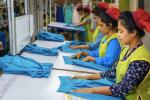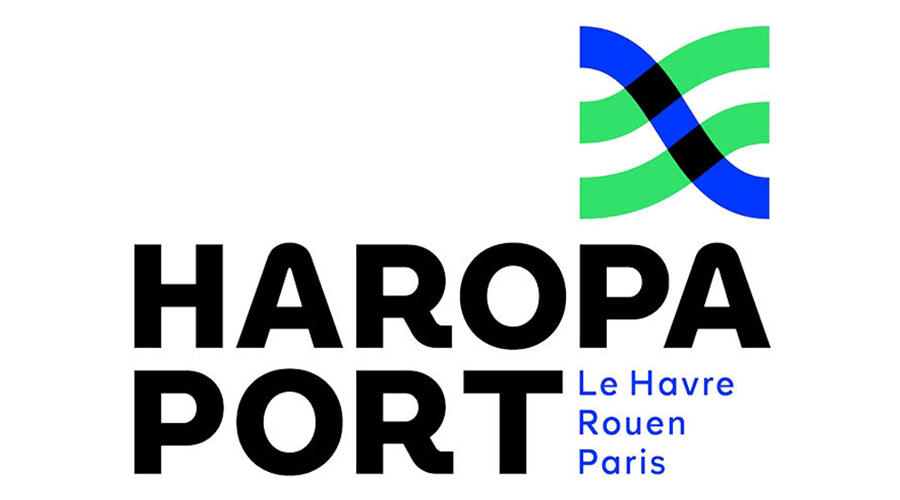In addition, major investment announcements such as that by MSC -TiL, offer prospects for continued growth into the future.
HAROPA PORT has presented half-year results that improve on the first half of 2021.
Maritime traffic totalled 42.08Mt of goods, up by +2Mt. Liquid bulk traffic registered growth of 14.5% or +2.62Mt, in line with the restarting of operations at Gonfreville refinery, detailed figures being as follows: crude oil traffic up by +65.8% and refined product traffic down by -17.1%, chemicals traffic up by +19.9% and gaseous hydrocarbons down by– 26.6%.
Dry bulk traffic declined by 4.2% despite a positive trend in the cereals segment (+2%) and a 2022-23 marketing year judged to be as good as 2021-2022.
Aggregates traffic going to the construction market registered a fall of -22%, down by 260kt, as of the end of June, but up by +8% on average and remaining generally at historically high levels, underpinned by an positive trend in construction projects.
This weakening can be put down to unfavourable weather in the early months of the year, which had an impact on worksites and logistics conditions for materials.
Container traffic remained at the same level with 1.485m TEU and a 2% increase in inland operations.
Market share expanded marginally against the backdrop of a general decline in container traffic across the Northern Range.
Ferry freight vehicle traffic continued to be positive at +26% over 2021, and passenger traffic stood at +24 %.
Maritime traffic at the ro-ro terminal registered a fall of -19.4% but gained a +10-point variation in June.
In the face of the present crises, HAROPA PORT is asserting its resilience and its ability to withstand national and international pressures.
The war in Ukraine has had a substantial impact on trade in agricultural products globally, and specifically on exports of wheat, maize and oilseeds, these being largely carried by sea, which means that stocks have been blocked in the Black Sea ports and forthcoming harvests are also compromised.
Notwithstanding this, the situation highlights the key role played by France as a supplier of wheat and barley to countries with a structural need for imports, thus opening up new market opportunities.
HAROPA PORT has consolidated its position as a logistics and industrial hub and enhanced its attractiveness with continued major investment along the Seine Axis.
Swiss company TiL, a subsidiary of shipping line MSC, is committed to investing €700m to triple the capacity of the container terminals it operates at the port of Le Havre, Port 2000, with the creation of more than 1000 jobs by 2028.























